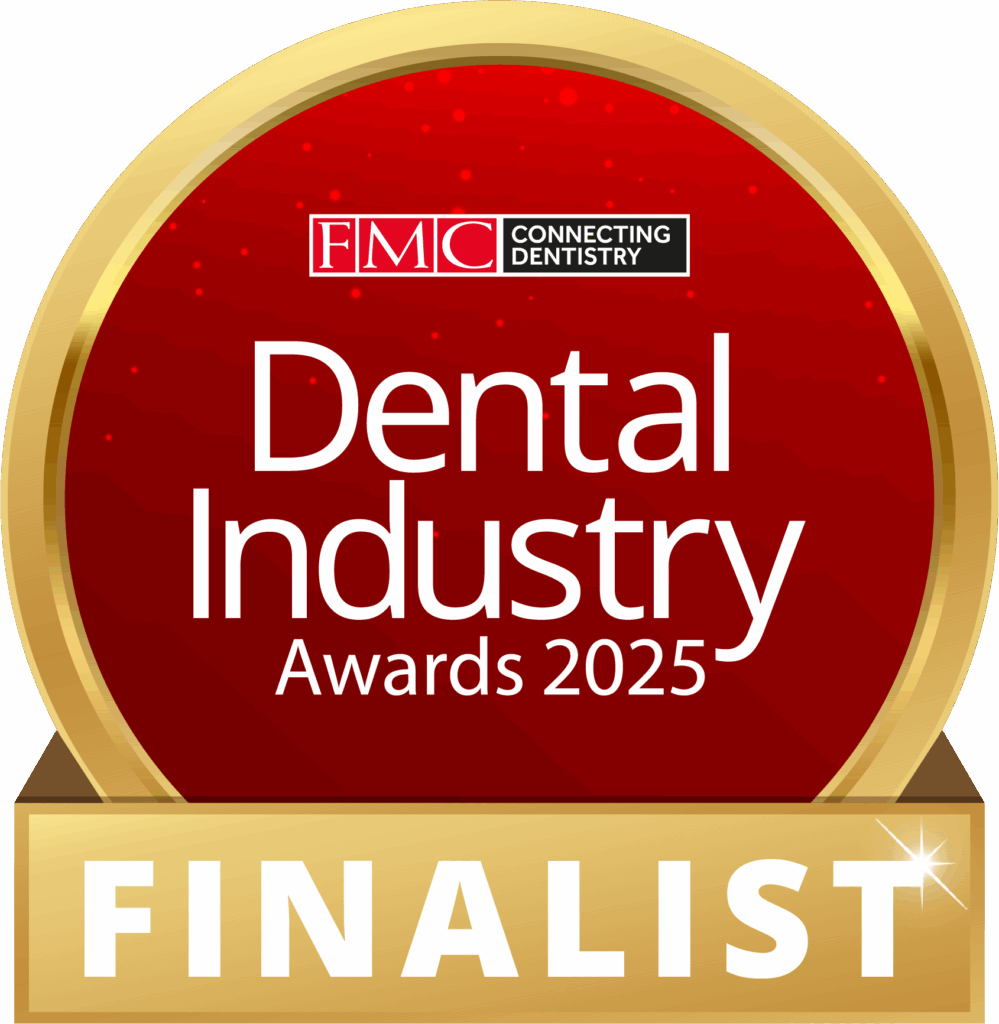Navigating Practice Sales – Stuart Garton and The Dental House Liverpool
In the dynamic landscape of dental practices, The Dental House Liverpool stands as a testament to strategic growth and successful transition. Under the stewardship of Stuart Garton, The Dental House Liverpool evolved from a modest two-surgery NHS practice into a thriving fourteen-surgery complex offering a spectrum of services, including private care, specialised treatments, and even dental education, all while keeping NHS work at the core.
From Associate to Owner
Dr Garton’s venture into practice ownership was unconventional, spurred by an unexpected opportunity. Initially content as an associate, circumstances led him to consider purchasing the practice he worked at. However, when the situation changed and the practice was no longer on the market, Dr Garton found that he had stopped thinking like an associate. The desire to own a dental practice had gained too much traction, and it was something he wanted to pursue. To start this journey, Dr Garton kept an eye on the market, and soon enough, The Dental House Liverpool was put up for sale, close to home, and with only two surgeries, it was a great starting point for any budding practice owner.
After acquiring The Dental House Liverpool in 2015, Dr Garton oversaw a period of rapid growth, capitalising on the opportunities available. The Dental House’s growth wasn’t left to chance. Stuart strategically expanded the practice by acquiring neighbouring buildings and practices, transforming it into a comprehensive dental hub, offering a range of specialities and treatments, including the latest in digital dentistry.
As the sole proprietor of a significantly expanded practice, Dr Garton faced the inevitable complexities that accompany success. When initially taking on the practice, there had been five staff members and one other dentist to consider, now Dr Garton was looking at over sixty members of staff, all reliant on him. As a result of this, the split between time spent practising dentistry, and time spent managing the business, began to lose its balance.
After navigating the challenges of a global pandemic, Dr Garton decided to reevaluate his role and recognised the need to move away from being a practice owner as not only the best idea for the practice, but also the best option for himself. The decision to sell emerged from a desire to secure an owner who could share in the vision and elevate The Dental House to new heights, while giving Dr Garton the time he needed to get back to what he really loved: dentistry.
Deciding to sell a business he had nurtured for years was not an easy decision, and we talked to Dr Garton about the process.
Q: Did you have any particular worries when it came to selling your practice?
My biggest worries were, firstly, whether someone would want to buy the practice. I had no idea about the market. We had grown into quite a large practice, and I figured the interest might come from small groups or corporate entities. It was a pleasant surprise to see significant interest when we put it on the market.
Secondly, I was nervous about confidentiality. I didn’t want staff to find out prematurely. Maintaining confidentiality was crucial, and you handled it exceptionally well. Nobody learned about the sale until the very end, allowing me to disclose it on my terms.
The third concern, with two factors, revolved around the due diligence process. Having navigated the challenges of running a large practice, I was apprehensive about the additional workload during the due diligence. However, the company we sold to was remarkably supportive throughout the process, making it more manageable.
Q: What made you decide to work with us?
I approached several companies. Given that selling the practice was a big decision, I wanted a strong relationship with the people I was working with. You were the only company to arrange a physical meeting, which was crucial for me. While other companies exchanged emails, I felt you prioritised building a personal relationship. The team were so professional, and I could see their commitment to supporting and guiding me through the process.
Their expertise and track record working with larger groups convinced me that they were the right choice. Building that personal relationship with them, meeting for coffee, discussing the process—these factors gave me the confidence I needed to take the next step.
Q: What was the process like?
I had great support; valuations and viewings were conducted out of hours to maintain confidentiality. They facilitated approaching interested companies, gathering feedback, and coordinating everything. Once offers were on the table, your team played a crucial role in negotiating the best deal with the most suitable company.
As an individual navigating this process, their support was invaluable. It can be very intimidating as an individual trying to deal with large companies who have specialists in sales and acquisitions, when you’re just you.
And then through the due diligence process as well, there were times when we all needed to work together to make sure that we got the deal that we wanted and saw that through right away until the end. I certainly needed a bit of help and support through that process as well.
Q: How long did the sales process take?
I began exploring the possibility of putting the practice on the market around May. Offers were on the table and accepted by June. Initially, the plan was to complete by the end of November, but due to unforeseen circumstances and the holiday season, it extended to the end of January.
The entire process took around nine months, which considering the size of the practice and the extensive due diligence required, was pretty good to be honest.
Q: Were there any challenges that cropped up during the sales process that you weren’t expecting?
Given our rapid growth, we found ourselves in a different position than more stable, long-standing practices. The challenge arose when explaining the accounting information to the purchasing company. We had invested significantly in refurbishing the practice, including new surgeries and equipment, the year before deciding to sell. This expenditure affected the accounting information they were considering.
Navigating this issue required stepping back, discussing the investment, and finding a common ground. The challenge was ensuring that we were all on the same page, considering the offer had been made based on the previous year’s accounts.
Q: Do you have any advice for dentists considering buying or selling a practice?
For those buying a practice, thorough research is critical. Look beyond what companies present and conduct your own due diligence. Examine patient feedback, appointment books, and patient records. One thing I’ve learned from the sales process is how thorough companies are in their due diligence, and really, individual buyers should be the same. The company I sold to brought someone in to do a mini-inspection of the practice and a really comprehensive assessment of all the information that was needed. It’s a huge investment, if you’re buying a practice you’ve got to make sure you’re happy and confident with what you’re buying.
Similarly, those selling should consider reaching out early, even if you’re only contemplating the idea for the future. Seeking feedback on accounts, evaluating areas for improvement, and preparing the practice for sale well in advance can significantly enhance the selling process. Personally, I wish I had engaged in this process earlier; it likely would have made the transition smoother.










